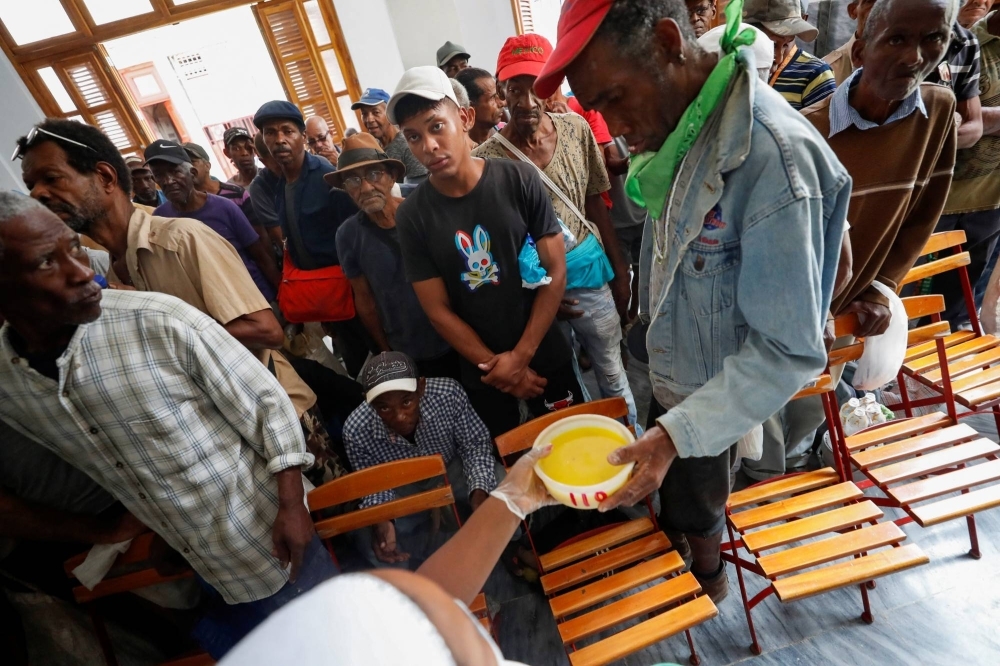Almost unnoticed amid the drama and crisis that hit Latin America every week, in the last days of February the Cuban government asked the United Nations for aid to address a growing food shortage.
The unprecedented cry for help from a communist regime that has always prided itself on its social welfare model captures Cuba’s dire economic straits. Hurt by tightened U.S. restrictions, decaying domestic production, a weak post-COVID-19 tourism industry and indifference from its allies, the island is living through its worst economic days since the collapse of the Soviet Union more than three decades ago. A string of blackouts brought people into the streets last weekend, shouting for "food and power” — a rare display of social unrest since the turmoil that shook the island in July 2021, which the regime contained with crushing force.
Today’s economic situation is a huge challenge for the Communist Party of Cuba that has controlled the nation’s life since Fidel Castro’s revolution in 1959. Witness the search for internal scapegoats and distractions: President Miguel Diaz-Canel announced an unusual investigation against an old ally and friend, Alejandro Gil Fernandez, for alleged corruption after firing him from the post of Economy Minister.



